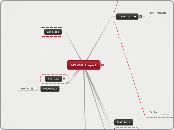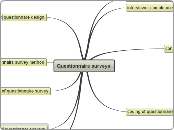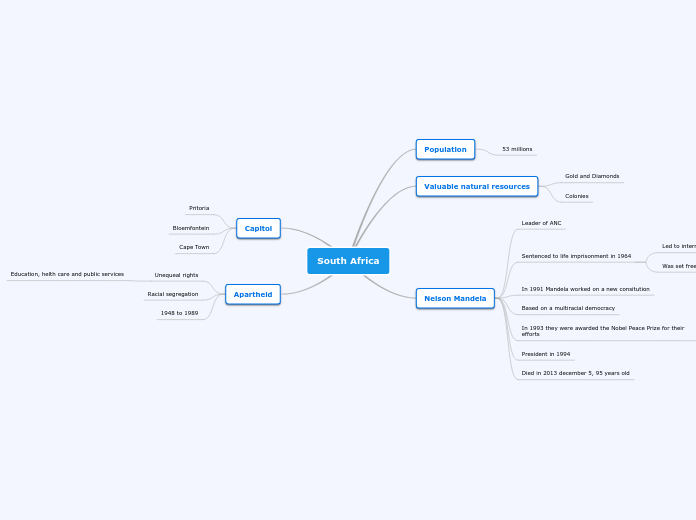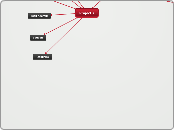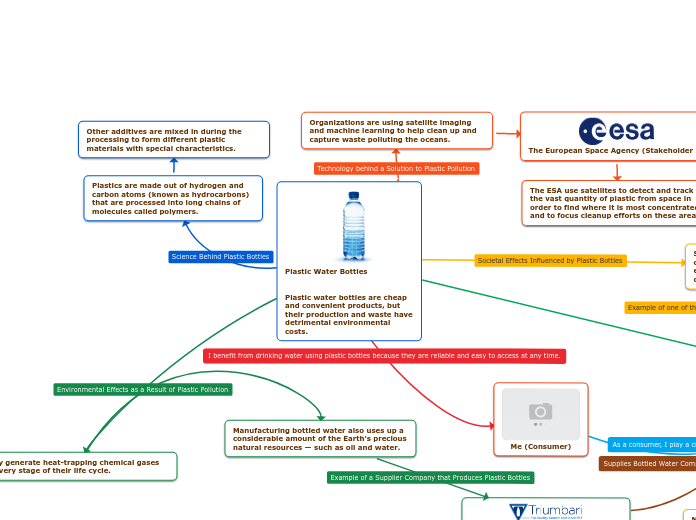M5 Gift Project
15/8/12
Today we discussed the Problem,
Local people in Tanzania have lno social welfare system when they do not have a job. This creates social welfare problems in preventing people supporting families and making a living.
This relates to me as i buy gifts from craftsmen to give to people and feel that this ios a respected trade to be in and should be encouraged for others to follow
This will help the individuals earn a living and improve their lives.
The Area of interaction I have chosen is Human Ingenuity because..................
Resources
checklist
Technology Project Check list
Design Folder Checklist
Investigate Identify the problem
I have made dated journal entries in my process journal..
I have described the problem as I understood it
I have written an explanation on why the problem is important, relating it to my life.
I have written an explanation on why the problem is important, relating it to society.
I have written how and why solving this problem is relevant to the A.O.I.’s?
I have written down and discussed appropriate questions (at least 4) that will guide my investigation (including one(s) given by my teacher).
Some of the questions that are considered are:
o What are some of the different ways I could present this product?
o What materials would be suitable for presentation? Etc
o Who will my client be?
o What does the client want? (Interview with the client is for this purpose ..)
o …………………………………………………..
o ………………………………………………
I have included surveys, questionnaires etc that I have used in the investigation section and the survey /questionnaire responses are analysed.
Develop your Design Brief
I have written down a design brief: Explaining what I am going to do to solve the problem (Refer to the Design Brief work sheet).
I have done research (using my guiding questions and design brief):
It is clear from my research notes what I have learned in my investigation.
I have clearly organised my research in a proper format (question/answer format is advised) with the answers written in paragraph form.
I have included references to the sources of information in the answers (footnotes) and a bibliography in proper format (MLA) is attached at the end of the investigation section.
I have referred to at least four different types of resources in the investigation section.
I have used supporting evidence such as quotes, photos, illustrations, and graphs and all those are and referenced (cited) appropriately.
I have evaluated my sources of information ( I have explained why I chose them and justified their use ).
I have formatted my bibliography using these tools ( citationmachine.net , ebiblio.com..)
Design Specifications
I have concluded the investigation by formulating design specifications. I have included a table of essential and desirable characteristics. I have written down design specifications which my product/solution must meet.
I have Designed and explained test(s) which I will use in order to test my finished product against my specifications.
I have kept notes in process journal about how well I worked, problems encountered, and use of time - to be used in the evaluation.
Design
I have included a variety of designs.
I have explained all parts of my design/ solution .
For explaining my designs, I have used many techniques like story boards, sketches, labelled diagrams with explanations etc
I have evaluated each design critically against the design specification (questionnaire might be the easiest)
I have justified the selection of a particular design.
I have evaluated my performance in the design stage of the project.
I have kept notes in process journal about how well I worked, problems encountered, and use of time - to be used in the evaluation.
Plan
I have included a time line with Gantt chart ( Gantt chart should show planning and scheduling tasks over time )
I have included a step by step plan ( How the project will be carried out )
I have included evidence for my planning about material/tools and resources usage.
I have critically evaluated my time plan. I have tried to answer the following questions
o Was the plan was detailed enough and why?
o Could it be followed by someone else and why?
o Have I used all the resources available to me?
I have justified any modifications that seem necessary at this stage to my original design.
I have kept notes in process journal about how well I worked, problems encountered, and use of time - to be used in the evaluation.
Create
Make the product and show evidence of the following
I have made dated journal entries in my process journal..
I have explained the tools and techniques used in the process of creation.
I have included evidence in the creation phase that I have followed my time plan.
I have justified any changes I made to my plan during the creation phase.
I have included screen shots and other photographic evidences of the key phases of creation.
I have made notes regarding any changes I made eg added a step, changed the order, changed the technique, used another resource, didn't need a resource, didn't finish what was planned etc..
I have kept notes in process journal about how well I worked, problems encountered, and use of time - to be used in the evaluation.
Evaluate
I have included the feedback received from my testers /user in proper format.
I have analysed the results of questionnaires if any used for testing my product / solution.
I have included a detailed evaluation of my own performance at each stage of the design cycle by discussing the strengths and weaknesses of each stage. I have included my observations on how each stage could have been improved.
I have compared my predicted time plan with the actual and gave reasons for the changes
I have included a discussion on the impact of my product on me, others and/or the environment.
I have kept notes in process journal about how well I worked, problems encountered, and use of time - to be used in the evaluation.
Attitudes in Technology I have displayed enthusiasm, motivation and initiative in completing this project
I have worked well both in class and outside the class
I have met all the deadlines
I have kept notes in process journal about how well I worked, problems encountered, and use of time - to be used in the evaluation.
evaluate
• develop a range of tests that focus on the user
• publish a website on the Internet
• report on the potential impact of marketing the product/solution
• make use of feedback from users
• detail improvements in the making of the product
attitudes
create
• select and use equipment and/or techniques independently
• select and utilize appropriate software
• make appropriate choices of materials.
• follow detailed logical steps created by themselves or other students
• make independent changes to designs
• justify all decisions.
• work to produce a product/solution of quality appropriate to year 5
• keep a process journal with regular detailed entries, including critical evaluations of their work
• select and apply a suitable finish to the product.
Record each stage as a series of annotated photographs
plan
• devise complex time lines,
• produce detailed flow charts
• consider appropriate materials and resources
• consider problem areas and make any necessary adjustments.
design
make sketches and scan onto computer
• make use of modelling techniques make 3D models and photograph and import into document
• make use of dimensioning strategies
• produce detailed working drawings
• create “how to” diagrams make how to make drawings
• investigate package design and presentation. Give information on how the gift would be displayed within a shop
Main topic
investigation
consider problems and their solutions in relation to their possible impact on life, society and the environment
• independently formulate questions when investigating a problem
• devise problems and develop design briefs
• specific research on; materials and their properties, existing designs, peoples opinions, tools and equipment,
• independently identify meaningful questions
• carry out literature and web searches, develop questionnaires and survey selected audiences information on materials, possible gift ideas, manufacturing techniques.
• select and organize appropriate sources and evaluate them.
• identify ways of testing a solution or product on a specific audience or the intended user
• produce a listing of detailed specifications.
Problem
picture resources
Subtopic
